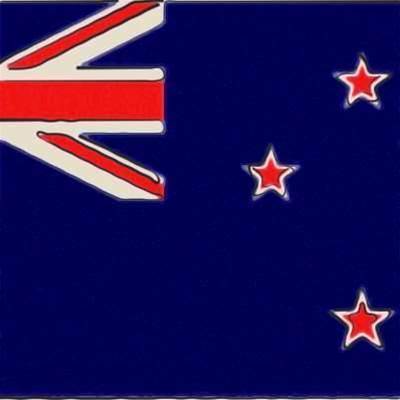New Zealand communications minister Amy Adams has called a review of two wholesale broadband price determinations by regulators.

Adams asked officials to review the effects of the Commerce Commission's pricing for unbundled bitstream access (UBA) and unbundled copper local loop (UCLL).
Earlier this morning, the Commerce Commission, said it would reduce the price infrastructure operator Chorus could charge for unbundled copper local loop access by a small amount instead of by a large cut proposed earlier this year.
A new price of NZ$23.52 ($18.50) a line a month will come into effect on December 1, 2014, the Commission decided.
It is a 3.8 pecent reduction on the NZ$24.46 ($19.24) price set in 2007. Prices for UCLL wholesale access are geographically averaged for the whole country.
In May this year, the Commission proposed to slash the price by a fifth, sending the share price of Chorus, which was structurally separated from Telecom last year, into a tail spin as investors feared the decision would cut into the company's revenues.
Separately, the Commission's draft determination on unbundled bitstream access will lower the wholesale price for the service to NZ$32.45 ($25.52) a line a month from December 1, 2014.
Until then the cost for most lines stays at NZ$44.98 ($35.37) a month.
The Commission also substantially lowered the cost of the UCLL component to UBA lines, from NZ$21.46 ($16.89) a month to $8.93 ($7.03) for basic service as it is not required by law to use a cost-based approach to pricing instead of the earlier retail-minus methodology.
Lobby group InternetNZ chief executive Vikram Kumar welcomed the large cut to UBA pricing, saying it will have much more impact that marginal UCLL price reductions.
Adams and the Commission bemoaned the lack of countries with a similar regulatory set up to New Zealand. Only two other countries, Denmark and Sweden, could be used in the law-stipulated cost benchmarks, the Commission noted.
"I note that the Commission’s report says it has only found two countries to benchmark the UBA rate against, and has struggled to find a broad sample of countries," Adams said.
She hinted that the review of the determinations may result in a pricing methodology change.
“New Zealand is one of the few countries in the world to have structurally separated its main telecommunications company, while at the same time rolling out a fibre network.
"This potentially highlights the need for a pricing methodology appropriate for the New Zealand context.”




_(23).jpg&h=140&w=231&c=1&s=0)






 iTnews Executive Retreat - Security Leaders Edition
iTnews Executive Retreat - Security Leaders Edition
 iTnews Benchmark Awards 2026
iTnews Benchmark Awards 2026
 iTnews Cloud Covered Breakfast Summit
iTnews Cloud Covered Breakfast Summit
 The 2026 iAwards
The 2026 iAwards











_(1).jpg&h=140&w=231&c=1&s=0)



